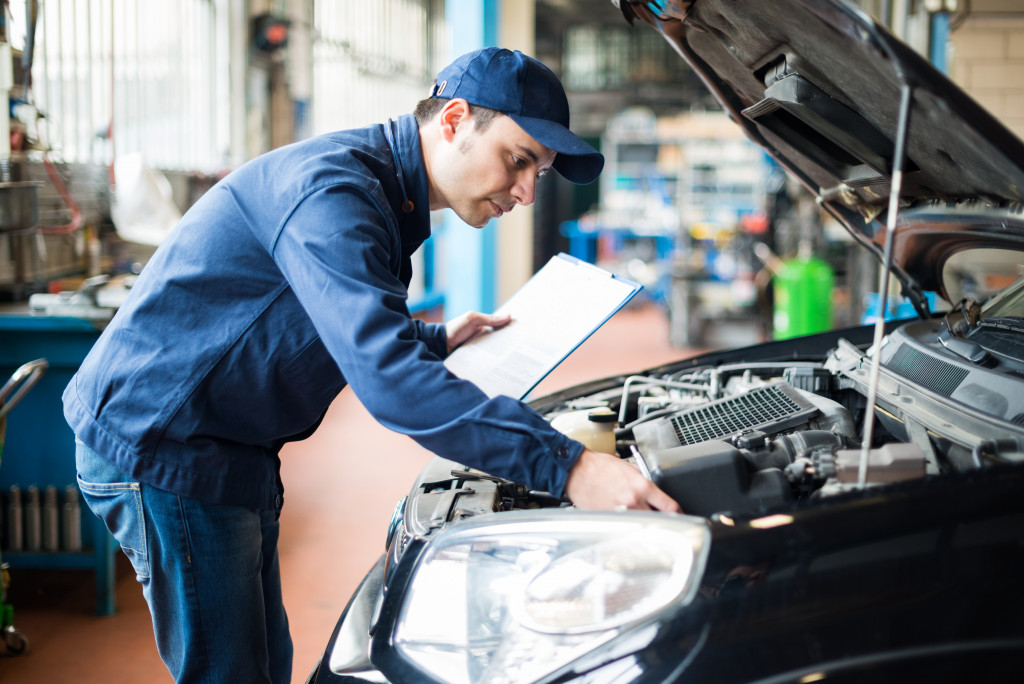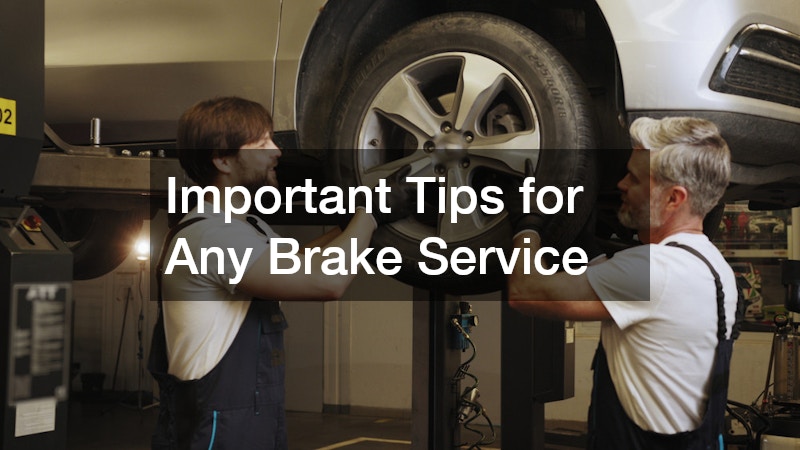- Regular engine oil replacement is crucial in order to prevent catastrophic engine failure in your car.
- Regularly check your tire pressure and treads and rotate them to ensure even wear and improve handling performance.
- Regular brake checks are necessary to ensure your safety on the road and detect possible brake failure symptoms.
- Checking and replacing the battery after three years is vital to avoid getting stranded with a failed battery.
- Seasonal maintenance is critical to prevent component failure, like testing the air conditioning, checking windshield wipers and fluid, and coolant/antifreeze.
Every car owner wants to ensure their vehicle is always in top condition for safety reasons and to avoid expensive repairs. However, as busy individuals, it can be easy to forget regular maintenance. The last thing you want is to be stranded on the side of the road with a broken-down car. Hence, it’s important to remember some essential maintenance priorities.
Regular car maintenance can save you money and prevent unpredictable breakdowns. It also helps to keep your car running smoothly and efficiently.
This post will discuss essential maintenance priorities that you should keep in mind to prevent unexpected breakdowns and costly repairs.
Essential Maintenance Priorities
Engine Oil Replacement
Your car’s engine is the heart of your vehicle, and the oil is the lifeblood. The oil helps lubricate the engine and prevent it from overheating. Neglecting engine oil replacement can lead to catastrophic engine failure. Check your owner’s manual for the recommended oil change frequency, which typically ranges from 5,000 to 7,500 miles, and don’t forget that the oil filter should be replaced simultaneously.
Tire Maintenance
Your car’s tires are one of the most critical components regarding safety and performance. Make sure to check the tire pressure regularly, at least once a month, and inflate or deflate them to the recommended PSI in the owner’s manual.
Under-inflated tires can lead to poor gas mileage, premature wear, and even blowouts. Check the tire treads for signs of wear or damage, and rotate them regularly, usually after every 6,000 to 8,000 miles, to ensure even wear and improve handling performance.
Brake Checks
The brakes are another crucial component for your safety on the road. Inspect them regularly, ideally every 12,000 miles or annually, whichever comes first. Symptoms of failing brakes include squeaking, grinding, or vibrating while stopping or the brake warning light coming on.
Don’t hesitate to bring your vehicle to a professional auto technician if you experience any warning signs.
Battery Checks
The car battery is the source of electrical power that starts the engine and provides power to the vehicle’s electrical systems. A failed battery can leave you stranded, unable to start your car. Check the battery terminals for corrosion or visible signs of wear, and have the battery checked at least once a year, especially if it’s over three years old.

Seasonal Maintenance Priorities
Air Conditioning and Heating
Ensuring that your car’s air conditioning system is working correctly is essential with the summer months approaching. It would be best to have your AC system tested before the weather gets too hot to ensure optimal performance. Also, ensure your heating system works properly since it can get cold at night.
Windshield Wipers and Fluid
It’s easy to overlook the importance of functional windshield wipers, but they are essential for your safety on the road during rainy weather. Check your wipers for wear and replace them if needed. Also, make sure you have enough windshield wiper fluid so that you can clean the windshield properly.
Coolant and Antifreeze
Checking your coolant/antifreeze levels is critical to keep your car running smoothly. These fluids keep your engine at the right temperature and prevent it from overheating. Check them regularly and top up if necessary.
Engine Belts and Hoses
The belts and hoses of your engine ensure the delivery of power and fluids to all systems in your car. It’s vital for the proper functioning of your engine and its components. Make sure they are in good condition and replace them if you notice any wear or cracks as soon as possible.
Additional Maintenance Priorities
Transmission Fluid and Filter
Your car’s transmission fluid helps keep the gears lubricated. It helps to prevent wear and damage since it’s crucial to have your transmission fluid checked regularly and changed according to the manufacturer’s recommendations. The filter should also be adjusted accordingly.
Fuel System Cleaning
Over time, your car’s fuel system accumulates dirt and debris that can block fuel flow, resulting in poor performance and lower fuel efficiency. Fuel system cleaning helps to remove these contaminants and prevent harmful deposits from building up.
Spark Plug Replacement
The spark plugs in your car ignite the engine’s fuel and air mixture to create the necessary power to keep the engine running. If your spark plugs malfunction, you will likely notice decreased performance and lowered fuel efficiency. It’s best to have these checked and replaced accordingly.
Suspension and Alignment Checks
As you drive, your car’s suspension absorbs the impact of bumps and uneven road surfaces, which can affect your car’s alignment. You must check your alignment if your vehicle pulls to one side or if the ride feels shaky or bumpy. Also, ensure your suspension is in good condition by checking for wear and replacing worn parts as soon as possible.

Regular maintenance is the key to keeping your car running safely, efficiently, and at its best. Don’t let your car break down by following these maintenance priorities. By performing routine checks and following the manufacturer’s recommended maintenance schedule, you can keep your car in excellent condition for years.





